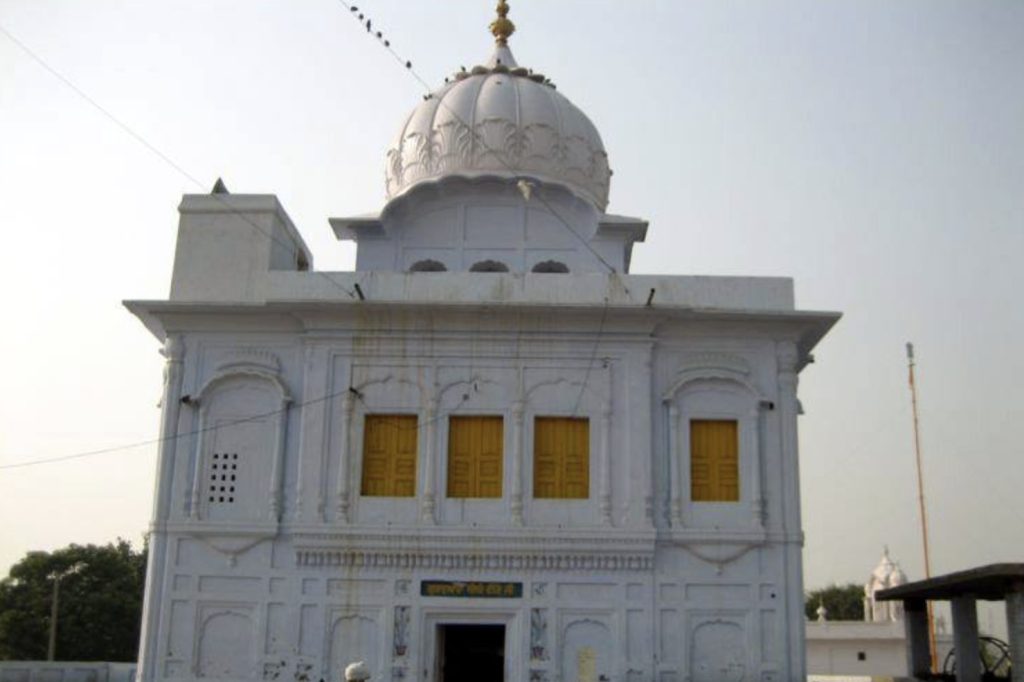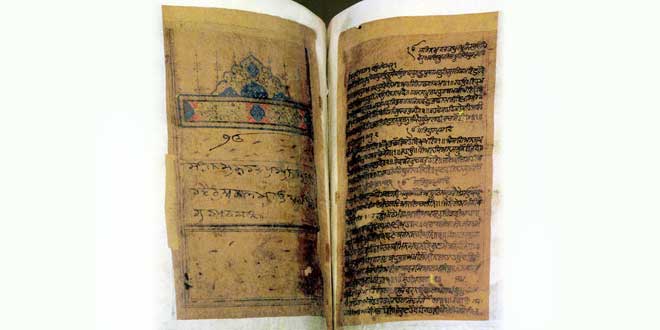Discover Bhai Udda, a revered Sikh who embraced Guru Arjan's teachings, pursued spiritual freedom, and fought valiantly in Amritsar. Explore his inspiring journey.
Explore the legacy of Bibi Viro, daughter of Guru Hargobind & Mata Damodari, pivotal in Sikh history. Learn about her sons' valor at the Battle of Bhangani.
Explore the inspiring life of Agya Kaur, a key figure in promoting Sikh women's education. Her legacy continues to empower future generations.
Discover Bhai Amaru's journey from Dalla village to Sikhism under Guru Amar Das in Punjab. Explore historical texts: Bhagat Mala & Sri Gur Pratap Suraj Granth.
Discover the extraordinary endurance of ATI Akhand Path, an unbroken reading of the Guru Granth Sahib, achieved by only a few, like Baba Narayan Singh.
Explore the life of Diwan Baisakha Singh, a soldier under Maharaja Ranjit Singh. From triumphs to trials, discover his impactful legacy in Punjab history.
Explore the legacy of Bhai Banvali and Paras Ram, who provided free care and preached Guru Hargobind's teachings emphasizing holy congregations.
BHAI PHERU MORCHA, one of a series of campaigns in the Sikhs` agitation in the 1920`s for the reformation of their holy places. Gurdwara Sangat Sahib, located in Mien ke Maur in Lahore district, about 15 km from Chhanga Manga railway station, dedicated to the memory of Bhai Pheru (1640-1706), a masand or parish leader in the time of Guru Har Rai who was honoured for his devotion by Guru Gobind Singh with the titles of Sachchi Dahri (True Bearded) and Sangat Sahib, was an important shrine, with 2,750 acres of land attached to it, and was being managed by Mahant Kishan Das.
BHATTVAHIS, scrolls or records maintained by Bhatts, hereditary bards and genealogists. According to Nesfield as quoted in W. Crooke, The Tribes and Castes of the North Western India, 1896, Bhatts are an "offshoot from those secularised Brahmans who frequented the courts of princes and the camps of warriors, recited their praises in public, and kept records of their genealogies." These bards constantly attended upon or visited their patron families reciting panegyrics to them and receiving customary rewards.
BIR, a term used for a recension or copy of the Guru Granth Sahib, is derived from Skt. verb vid meaning "to make strong or firm, strengthen, fasten, or to be strong, firm or hard." The Punjabi verb birana which means "to fix, bind or fasten (something) firmly, or to lay (a gun)" is from the same root. Guru Arjan having compiled the Holy Book deputed one of his leading disciples, Bhai Banno, to go and get the volume bound in Lahore, perhaps because facilities for proper binding did not then exist at Amritsar.





